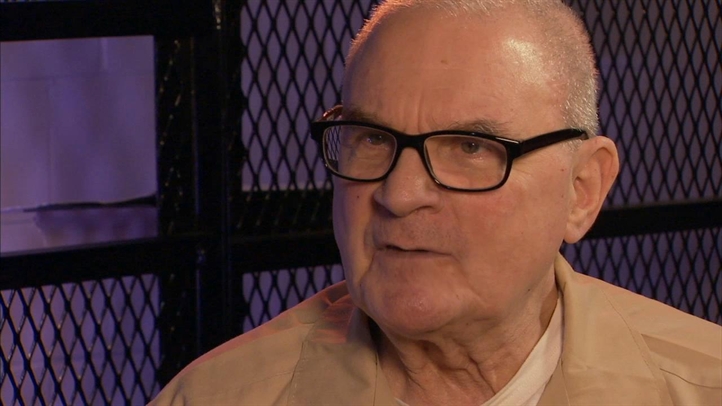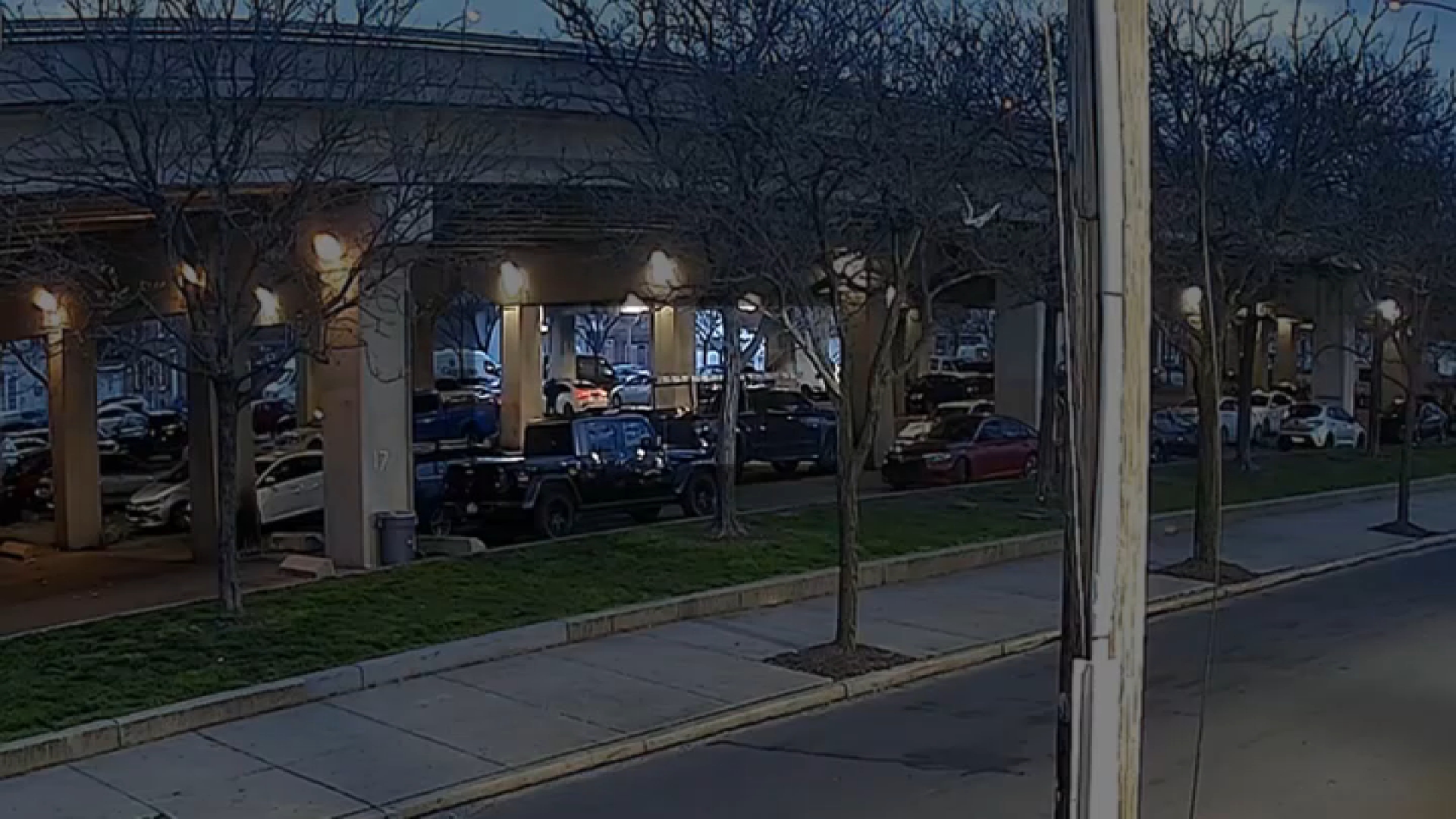Democratic Gov. Tom Wolf said Wednesday he will not ask Pennsylvania's Republican-controlled Legislature to raise taxes on sales or income in his upcoming budget proposal, even as the state faces a yawning deficit.
Wolf told The Associated Press he will instead propose a budget balanced with cuts and steps to make state government operate more efficiently.
"Let me be explicit here, I am not going to propose a broad-based tax increase in my budget, and it's going to balance," Wolf said in an interview in his office.
He was not ready to discuss the steps he will take to save money, although he pointed to his move last week to eliminate positions in state government. That would save roughly $100 million a year, he said. He also would not say whether he will seek to increase aid to public schools, a pursuit that has been a cornerstone of his administration.
"There will be cuts, there will be all kinds of innovative things to make sure that we are living within our budget. That's what I have to do constitutionally, and I understand there is no appetite for a broad-based tax increase and I don't intend to ask for one," Wolf said.
Still, Wolf said he will keep pressing lawmakers to raise taxes on the Marcellus Shale natural gas industry.
Wolf is scheduled to release his budget proposal in early February. It will be his third budget proposal, and perhaps his most important. The Republican-controlled Legislature has rejected nearly every penny of his proposals to increase sales or income taxes in his first two budget proposals.
Local
Breaking news and the stories that matter to your neighborhood.
Wolf had sought billions of dollars to wipe out a massive post-recession budget deficit that has left the state's credit among the nation's lowest and fix school-funding disparities that are among the nation's widest.
Republican lawmakers instead opted to increase taxes on cigarettes, smokeless tobacco and electronic cigarettes, including vaping products, but helped construct a budget that, less than halfway through the fiscal year, is full of holes.
Wolf's administration warned last week that Pennsylvania faces a projected $600 million shortfall in its current budget of $31.5 billion, driven primarily by lackluster tax collections and underfunding of human services programs. It also depends on borrowing $200 million from a surplus in a state medical malpractice insurance fund, tax delinquents paying $100 million in back taxes and reaping $100 million from licensing fees on online casino gambling, which is not even legal yet in Pennsylvania.
Meanwhile, the Legislature's nonpartisan Independent Fiscal Office has projected a $1.7 billion deficit in the fiscal year that will start in July, driven primarily by higher costs for pension obligations, prisons and medical care for the poor.
"I am going to look at all those things and figure out how to deliver the promise of government on a more streamlined basis," Wolf said.



